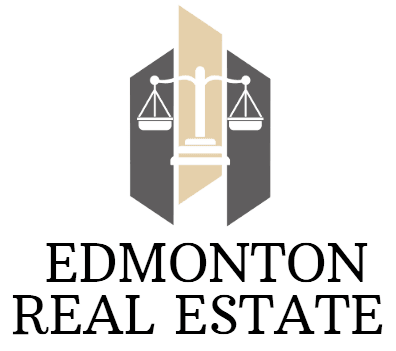Real estate transactions are complex and multifaceted endeavors that involve legal intricacies that extend beyond the surface. Whether you’re a buyer, seller, investor, or developer, comprehending the legal landscape that governs these transactions is essential. The legal dimensions encompass everything from property ownership and contractual agreements to regulatory compliance and risk mitigation. In this article, we will explore the significance of understanding the legal landscape in real estate transactions and how it contributes to informed decisions, protection of rights, and successful outcomes.
The Multilayered Legal Framework
Real estate transactions are not confined to a single set of laws or regulations. They are governed by a multilayered legal framework that includes local, provincial, and federal laws, as well as municipal zoning ordinances and land use regulations. This complex web of legal requirements shapes the permissible uses of properties, dictates building codes, and influences the terms of transactions.
Navigating Property Ownership and Title

One of the foundational elements in real estate transactions is property ownership. Understanding the legal concept of property ownership and the associated rights and responsibilities is crucial. Real estate lawyers play a vital role in conducting title searches to verify ownership, ensuring that there are no encumbrances or liens that could hinder the transaction. A clear understanding of property ownership establishes a strong foundation for the transaction process.
Drafting and Reviewing Contracts
Contracts are the cornerstones of real estate transactions. Whether it’s a purchase agreement, lease agreement, or development contract, these documents establish the terms, conditions, and obligations of the parties involved. Real estate lawyers specialize in drafting and reviewing contracts, ensuring that they accurately represent the parties’ intentions and comply with legal standards. Their expertise helps prevent disputes arising from vague language or unmet expectations. Due Diligence in real estate: why legal assistance matters, read more at the link.
Mitigating Risks and Liabilities
Real estate transactions inherently carry risks and potential liabilities. These can range from environmental concerns and zoning issues to property defects and financing challenges. Understanding the legal implications of these risks is crucial for making informed decisions. Real estate lawyers conduct due diligence to identify potential pitfalls and develop strategies to mitigate them, thereby safeguarding their clients’ interests.
Navigating Regulatory Compliance
The real estate industry is subject to a myriad of regulations that vary by location. Zoning regulations, building codes, environmental requirements, and property tax laws are just a few examples of the regulatory landscape that must be navigated. Real estate lawyers ensure that transactions adhere to these regulations, preventing legal complications that could arise from non-compliance.
Professional Standards and Best Practices
Standardized practices and best practices play a vital role in the realm of real estate transactions. They provide a benchmark for ethical conduct, professionalism, and consistency. In Canada, organizations such as the Canadian Bar Association (CBA) contribute to setting standards that impact various legal domains, including real estate. These standards uphold the integrity of the profession and guide practitioners in delivering quality services.

External Resources for Understanding Standards
For those seeking a deeper understanding of legal standards in real estate transactions, reliable sources offer valuable insights. The official website of the Government of Canada provides access to information about national regulations, guidelines, and standards that shape the legal landscape in the country. Additionally, Wikipedia offers comprehensive information about real estate law and related standards.
Conclusion
In the intricate realm of real estate transactions, understanding the legal landscape is not just advantageous – it’s essential. Legal intricacies span property ownership, contracts, regulations, and risk management. Engaging with a qualified real estate lawyer empowers you to make informed decisions, navigate legal complexities, and protect your rights. By aligning with established standards and seeking professional guidance, you ensure that your real estate transactions are conducted with integrity, legality, and a clear understanding of the legal landscape.
